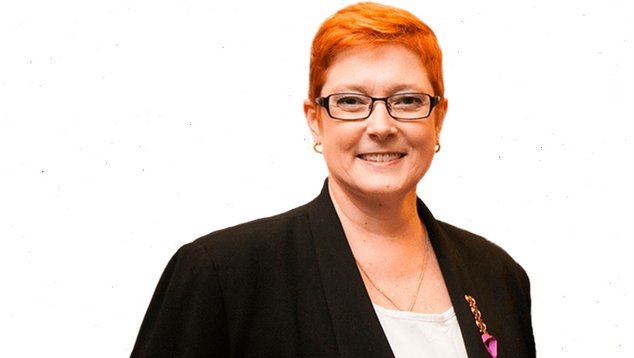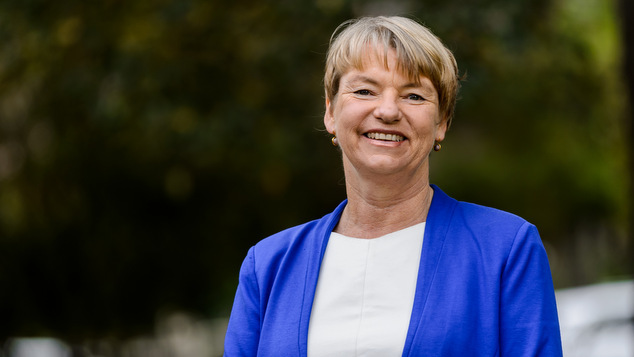
Defence Minister Marise Payne has rejected calls to scrap health care in the armed forces for personnel who have gender disphoria.
Answering a question in parliament from One Nation’s Senator Pauline Hanson, the Defence Minister said it would be invidious to discriminate between health conditions affecting personnel.
Over the weekend it was reported that over the last five years 27 defence force staff have been treated for gender dysphoria at a cost of slightly over 1 million dollars.
Leading the calls for the funding to be cut is Liberal backbencher Andrew Hastie, who has revealed he quit his career as an SAS officer because of “social engineering” in the army.
Fellow backbencher Craig Kelly has said he accepts staff may need counselling for gender dysphoria but disapproves of the gender reassignment surgery being made available. South Australian senator Cory Bernadi, leader of the Australian Conservatives, has also joined the chorus of criticism.
Senator Payne said the government had a responsibility to provide comprehensive health care to service personnel.
“Gender dysphoria is managed in accordance with best practice clinical guidelines, under the same principles as any other health condition,” Senator Payne said.
“So if a member of the ADF is diagnosed or treated for gender dysphoria, defence will fund the medical procedures or support as prescribed by the treating doctor.”
Senator Hanson asked Senator Payne if she thought the money spent on assisting personnel would be better if it was allocated instead to servicemen and women who experienced post traumatic stress disorder.
Senator Payne said it would invidious to choose between conditions, saying the government had a responsibility to meet the health needs of all staff.
“I think it’s invidious to try and distinguish between one health condition and one personal health circumstance
over another.
“In no way does Defence’s engagement in relation to gender dysphoria diminish or lessen Defence’s
commitment—and, for that matter, the Department of Veterans’ Affairs’ commitment—to the strongest possible
support for returned servicemen and servicewomen and those who continue to serve those who are veterans”
Senator Payne highlighted that the total cost of treating personnel with gender dysphoria was a tiny percentage of the armed forces overall health budget.
Senator Hanson asked a follow up question, inquiring if the government thought it was necessary to pay for a treatment which she described as a “personal choice”. Senator Payne said it was a condition that deserved to be treated seriously.

The Greens spokesperson on sexuality and gender, Senator Janet Rice, said the army should include treatment for gender dysphoria because it is a recognised medical condition.
“It’s that simple. This isn’t new or controversial,” she said. “ADF personnel put their bodies on the line, they are entitled to medical care, regardless of what that care is.” Senator Rice told The Guardian Australia.
“Defence personnel are required to be in good mental and physical health. How does Senator Hanson expect someone who isn’t provided the medical care they need to carry out their duties effectively?”
OIP Staff
Support OUTinPerth
Thanks for reading OUTinPerth. We can only create LGBTIQA+ focused media with your help.
If you can help support our work, please consider assisting us through a one-off contribution to our GoFundMe campaign, or a regular contribution through our Patreon appeal.




